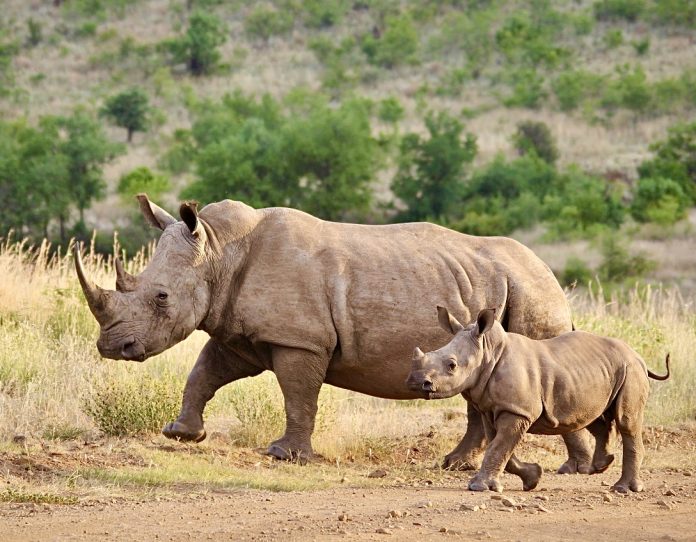You can help all animals and our planet by choosing compassion on your plate and in your glass. #GoVeg
RELATED ARTICLES
Undercover Investigation Reveals That New Fur Products Are Still Being Sold In California Despite Ban
Photos from HSUS
This week, the Humane Society of the United States (HSUS) released an undercover investigation identifying a handful of California retailers openly skirting...
Captain Paul Watson Foundation Fights To Stop The Killing Of Endangered Fin Whales In Iceland
Captain Paul Watson Foundation is launching Operation Ice Storm from Albert Dock in Yorkshire to directly oppose Iceland's last whaling company, Hvalur hf. Paul...
Conservation Groups Urge Federal Agencies To Prohibit The Killing Of Wildlife With Snowmobiles
More than 60 conservation groups from across North America filed letters today urging the U.S. Forest Service and Bureau of Land Management to immediately...
Popular stories
News
Bear Cub Rescued After His Paws Were Severely Burned In The East Canyon Fire In Colorado
A young male bear whose paws were badly burned during the East Canyon Fire, was rescued Tuesday by Colorado Parks and Wildlife (CPW) officers. The...
News
WAN Exclusive With Jon Gelman, Founder Of Hawai’i Marine Animal Response Who Shares News Of First Monk Seal Pup Born This Year
January of 2023 was an extraordinarily busy month for Hawai'i Marine Animal Response (HMAR) because it was the seventh anniversary of the largest Hawaiʻi-based...
International News
Breaking! Qatar Airways Cargo Saves Wildlife With ‘WeQare’ Initiative By Flying Endangered Species Back To Their Natural Habitat
Qatar Airways Cargo announced today that it is launching Chapter 2 of ‘WeQare: Rewild the Planet.’ The cargo carrier is committed to preserving wildlife and...



